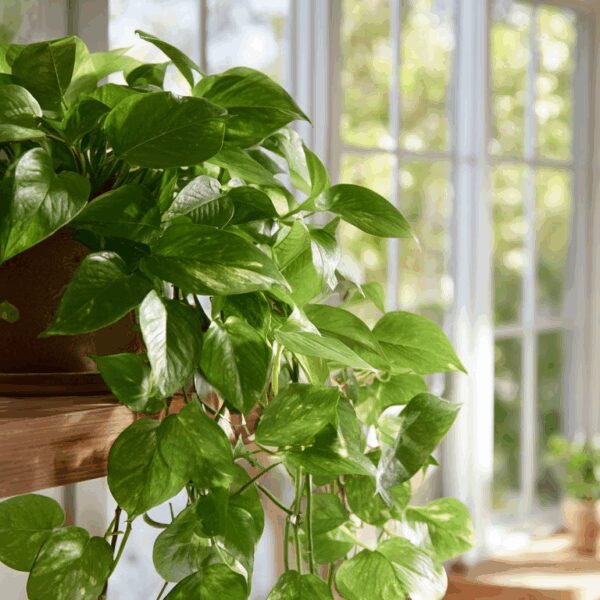Creating a flourishing kitchen garden requires more than just a green thumb—it necessitates careful planning, knowledge, and a dash of creativity.
Whether you’re a seasoned gardener or a beginner looking to cultivate your own fresh produce, these five essential tips will set you on the path to a successful kitchen garden.
So, let’s delve into the world of kitchen gardening and unlock the secrets to reaping a fruitful harvest straight from your own plot of land.
Choose the right location
When it comes to creating a successful kitchen garden, the first step is to find the perfect spot.
Pick a place with plenty of sunlight, ideally 8-10 hours per day, and make sure the soil drains well.
The joy of growing your own food: Starting a kitchen garden
If you’re not sure about the sun exposure or soil quality, you can always take a soil sample and test it for nutrients.
Planting in raised beds is also a great way to make sure your garden will thrive no matter what.
Prepare the soil
Preparing the soil is an essential step in creating a successful kitchen garden.
Make sure to remove any weeds, rocks and other debris from the area, as these will prevent your plants from growing to their fullest potential.
Adding organic matter, such as compost, manure or peat moss, will help improve drainage and aeration as well as nutrient levels.
To ensure your plants have the best start, always remember to turn the soil over to a depth of at least 8 inches.
Plan and rotate crops
Planning ahead and rotating crops is a great way to ensure your kitchen garden is successful. Knowing when and what to plant is key.
By planning out the seasons, you can make sure each crop gets the right amount of sun, water, and nutrients.
Rotating crops helps prevent pests and diseases from taking hold as it prevents them from becoming accustomed to one type of plant.
It also helps replenish the soil with different nutrients.
Practice adequate watering
Proper watering is essential for the success of your kitchen garden. It’s important to keep in mind that different plants need different amounts of water.
It’s a good idea to research the plants you are growing and find out how much water they need. Make sure to water your plants regularly, as this will help them stay healthy and strong.
Try to always water your plants in the morning or late afternoon so that the sun won’t evaporate the moisture too quickly.
Monitor and manage pests
In order to ensure a successful kitchen garden, it is important to keep an eye out for pests.
Taking the time to regularly inspect your garden for any signs of pests, such as insect activity or physical damage to plants, can help you nip the problem in the bud before it gets out of hand.
If you do find evidence of pest activity, there are a variety of natural and organic treatments available to help you control their population.
Introducing beneficial insects such as ladybugs or praying mantises to your garden can help keep the pest population in check.
If you found this article interesting, why not share it with your friends? You can easily post it to social media or send it via email.







